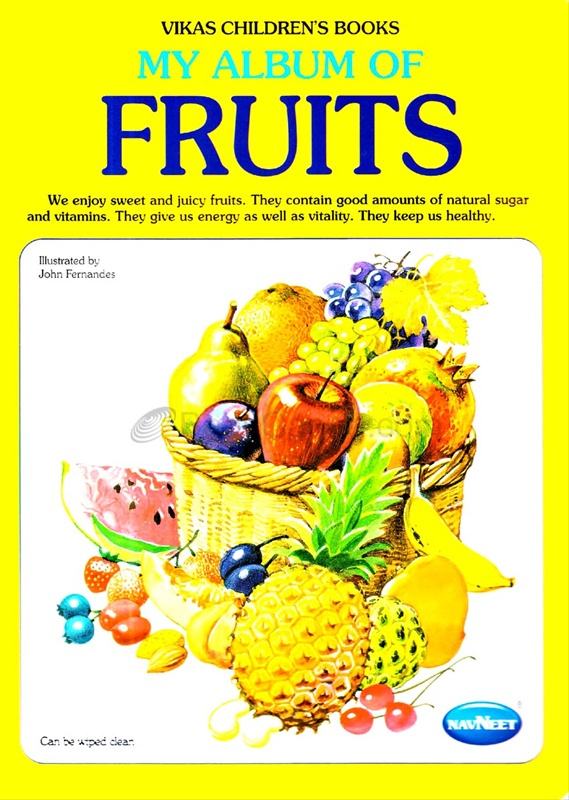

Understanding community-level determinants of dietary behaviors may explain why fruit and vegetable consumption is below recommended levels and indicate opportunities for intervention (3,5,8). However, substantial research indicates that neighborhoods do not have equal access to retailers of healthy foods (4) and that access to these retailers may be associated with improved dietary outcomes (5–7). Markedly fewer adults eat fruits and vegetables in accordance with federal dietary guidelines (2).Įcological models of health suggest that to effectively prevent chronic disease, community food environments must support healthy eating (3). In the United States, only 23.4% of adults eat fruits and vegetables 5 or more times per day, and only 24.5% of adults in Georgia do so (1). Increasing fruit and vegetable consumption is a public health priority nationally and in Georgia. Results also suggest that the FFM initiative was a feasible and acceptable way to respond to the community-identified public health priority of increasing access to healthy foods. Results from this community case study underscore the importance of engaging communities in the development of community food environment interventions. Most returning customers strongly agreed that the FFM made it easier (69.0%) and less expensive (79.0%) for them to buy fresh fruits and vegetables, reported that they ate more vegetables (65.0%) and fruit (55.0%) as a result of the FFM, and reported that they were very satisfied with the FFM overall (92.0%). Most returning customers lived in the local community and reported a range of socioeconomic backgrounds. In the pilot year, the FFM served an average of 28.7 customers and generated an average of $140.20 in produce sales per market day. Community engagement strategies included forming a community advisory board, conducting a needs assessment, and contracting with a community-based organization to implement the FFM. This case study describes the development of the FFM through a community engagement process and presents evaluation results from the project’s pilot implementation.

The Farm Fresh Market (FFM) was a fruit and vegetable market that sold low-cost fresh produce in Cobb County, Georgia in 2014. However, disparities in access to healthy foods persist in the United States. Ecological models of health suggest that to effectively prevent chronic disease, community food environments must support healthy eating behaviors.


 0 kommentar(er)
0 kommentar(er)
